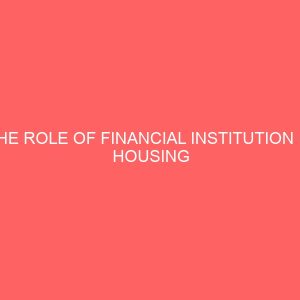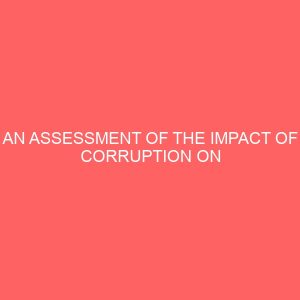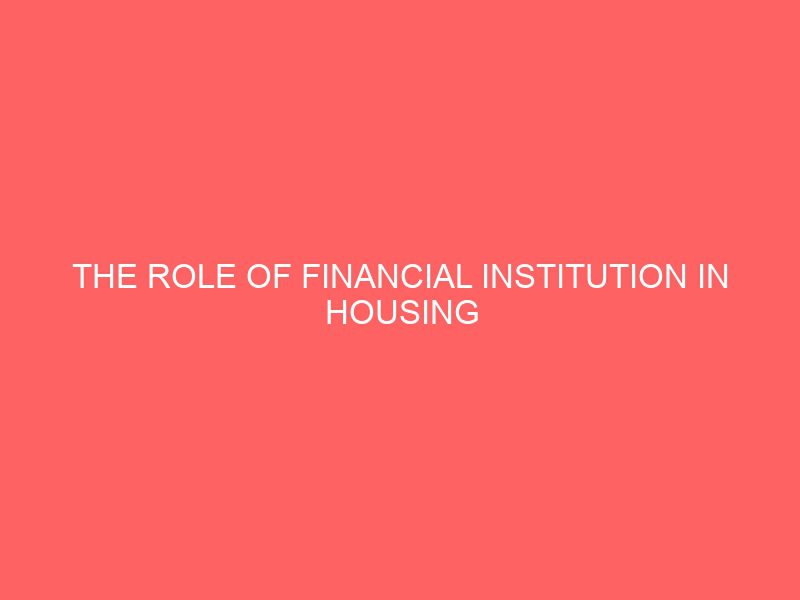Description
ABSTRACT            This survey research conducted to find out the effect of broken homes on primary school pupils academic achievement in Jere Local Government Area. Two objectives and three research questions where formulated to guide the study. The population of the study consist of all the senior pupils in four selected school in Jere Local Area. Through the process of simple random sampling a total number of 100 pupils were selected to participate in the study. The major instrument used for collecting data was a questionnaire. The data collected were analyzed through the use of simple percentages. It was discovered based on the analysis that most of the respondents are not staying –with their parent. They performed below expectation due to lack of security, care and discipline. Their school fees are not being paid in time. On the basis of such findings, recommendation were made that, Borno Government should create academic and counsel unit in Primary School with adequate funds where students from broken homes would be given proper guidance and counseling concerning their psychological and social problem towards.







